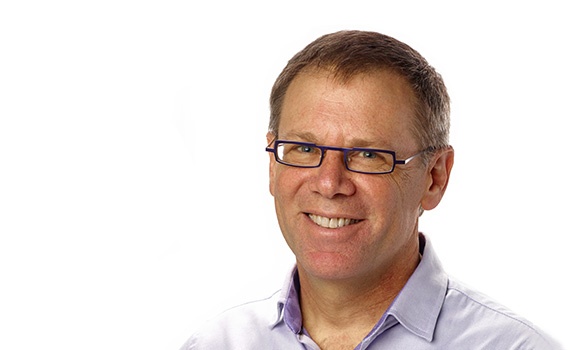How does the production of oil and gas, and the process of its consumption affect the mental health and overall wellbeing of young people? ThatÔÇÖs what Michael Ungar is hoping to find out with his newest research project.
Dr. Ungar and his national team are the recipients of a $2 million grant from the Canadian Institutes of Health Research (CIHR) for their Resilient Youth in Stressed Environments (RYSE) project.
ÔÇ£This project will let us better understand resilience, not just at the level of individual young people, but also how their resilience depends on the resilience of their families, communities, and even the natural environments around them,ÔÇØ says Dr. Ungar.
Dr. UngarÔÇÖs research is part of a larger in nine different projects that seek to improve the health and quality of life of Canadians by studying the environment and building more effective disease prevention and health promotion strategies.
The announcement was highlighted by the Honourable Jane Philpott, Minister of Health, on May 8 at at the regional meeting for the North America of the World Health Summit, which was hosted by the Universit├® de Montr├®al.
More than 200 researchers and partners from different sectors will come together to conduct innovative research in areas such as urban design, energy production, food production and security, and waste water treatment.
ÔÇ£I recognize the important role that the environment plays in our health,ÔÇØ said Minister Philpott in a news release. ÔÇ£Taking a whole of society and collaborative approach is the best way to build healthy environments, tackle health inequities, and improve population health in Canada and the world.ÔÇØ
Learning more about how young people adapt
Dr. UngarÔÇÖs team will work with community and industry partners in Canada (Drayton Valley in Alberta and Cambridge Bay in Nunavut) and South Africa (Secunda, which is located in the interior of the country).
The researchers will study the resilience of young people and the systems with which they interact. They have brought together researchers with expertise in human biology (specifically stress hormones), psychological wellbeing, community responses to disaster and environmental recovery. Together theyÔÇÖll look at resilience from many different angles, delving deep into understanding how young people and their environments depend on one another during periods of challenge.
ÔÇ£The Resilience Research Centre at ╣¹¢┤╩ËãÁ is a world leader in studies of resilience that understand wellbeing in context and with sensitivity to peopleÔÇÖs cultures,ÔÇØ says Dr. Ungar. ÔÇ£By working again with our colleagues in South Africa, led by Dr. Linda Theron, we are on track to be one of the first teams to study resilience in communities under stress with input from a multidisciplinary team of researchers.ÔÇØ
Dr. UngarÔÇÖs method of research for this project is incredibly unique with studies of resilience.
Three detailed case studies will simultaneously examine the biological and psychological resilience of young people, family and community resilience, and the resilience of environmental systems as they interact over a period of five years.
The project will provide training for as many as 50 graduate and five postdoctoral students.
More information about Dr. UngarÔÇÖs research can be found on the .

